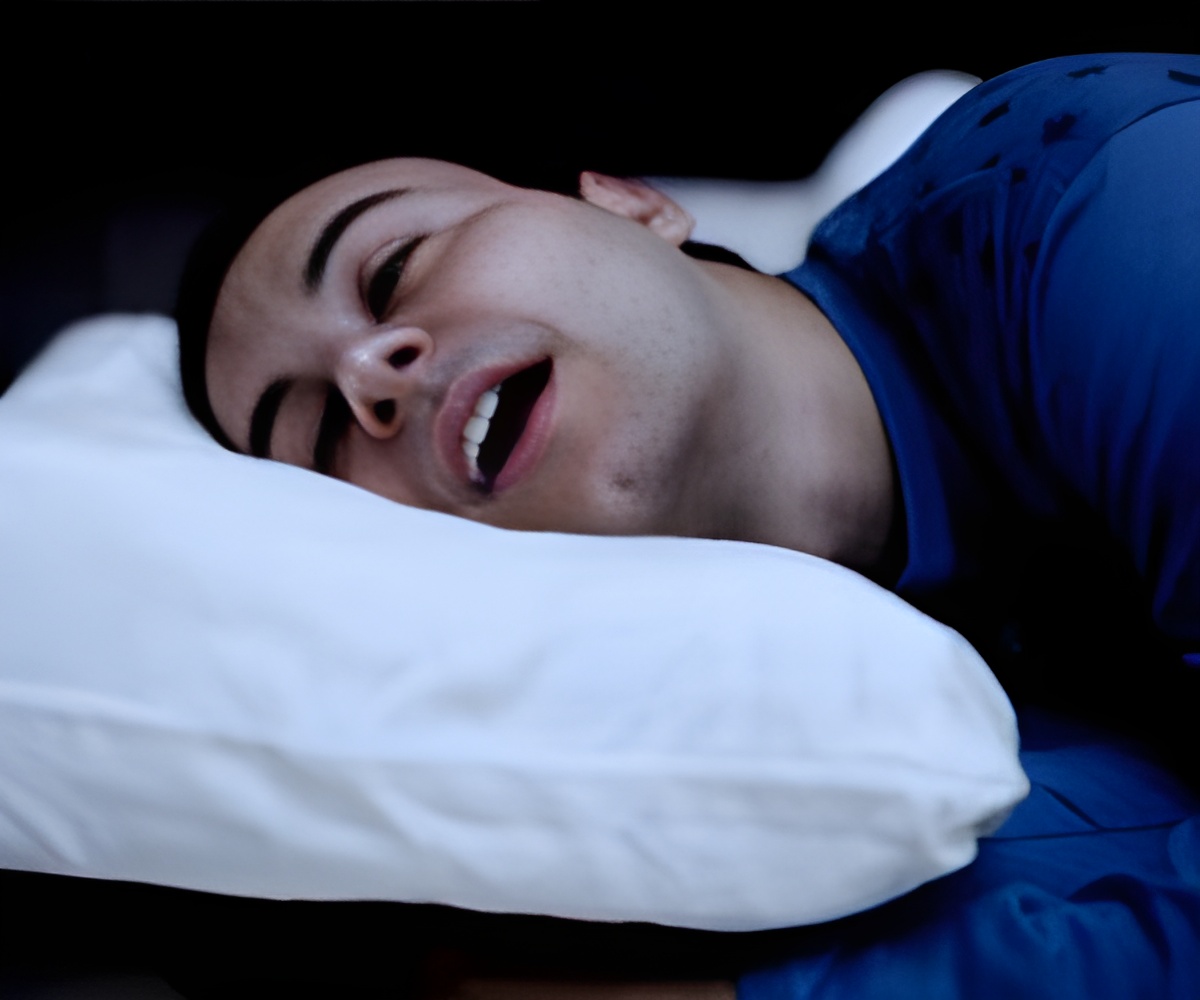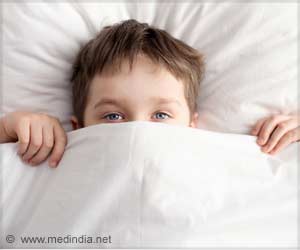
‘Is your depression treatment less effective? If yes, watch out, obstructive sleep apnea (OSA) could be one reason why depression treatment doesn't work effectively.’
Read More..Tweet it Now
That's true even when these individuals don't seem to fit the usual profile of obstructive sleep apnea, which includes males who are overweight, snore and complain of daytime sleepiness, says Dr. W. Vaughn McCall, chair of the Department of Psychiatry and Health Behavior at the Medical College of Georgia at Augusta University.Read More..
"No one is talking about evaluating for obstructive sleep apnea as a potential cause of treatment-resistant depression, which occurs in about 50 percent of patients with major depressive disorder," says McCall, the corresponding author of the study in The Journal of Psychiatric Research. Now he hopes they will.
The investigators found clinically relevant disease in 14 percent of 125 adult patients with major depressive disorder, insomnia, and suicidal thoughts, even though the sleep-wrecking apnea was an exclusion criterion for the original study.
While more work remains, McCall reasons that the new evidence already suggests that testing for obstructive sleep apnea should be part of the guidelines for managing treatment-resistant depression.
"We were completely caught by surprise that people did not fit the picture of what obstructive sleep apnea is supposed to look like," says McCall.
Advertisement
The primary intent of the original study was looking at whether treating patients' insomnia in addition to their depression reduced suicidal thoughts. Patients considered at risk for obstructive sleep apnea were excluded since sleeping pills tend to relax the muscle, and already-too relaxed throat muscles is a primary problem in obstructive sleep apnea. Also excluded were individuals with restless leg syndrome, which is common with sleep apnea even in patients on therapy, and those with morbid obesity, considered a major risk for obstructive sleep apnea.
Advertisement
The investigators note that neither the degree of daytime sleepiness nor insomnia accurately predicted the severity of obstructive sleep apnea they identified in these patients and that six of the 17 individuals diagnosed were female, not obese and reporting insomnia rather than classic daytime sleepiness.
Treatment of obstructive sleep apnea may improve symptoms of depression, and comprehensive screening for the sleep problem should be included for treatment-resistant depression, write the team of investigators that also includes researchers from the University of California, Irvine; the University of Wisconsin in Madison; Wake Forest School of Medicine in Winston-Salem, North Carolina; and the University of California, San Francisco.
It's acknowledged that undetected medical or psychiatric conditions can be a cause of treatment-resistant depression, but obstructive sleep apnea is not on the relatively long list that includes endocrine disorders, like hypothyroidism, as well as problems like coronary artery disease and cancer.
In the quest to find a reason for lack of response, patients may get an MRI scan, carotid artery studies even a spinal tap.
"I am thinking before we do a spinal tap for treatment-resistant depression, we might need to do a sleep test first," says McCall. He notes that even other depression treatment options, like transcranial magnetic stimulation, which uses rapid magnetic pulses to change brain activity, while noninvasive are still far more costly than a sleep study.
"We know that patients with sleep apnea talk about depression symptoms," McCall says. "We know that if you have obstructive sleep apnea, you are not going to respond well to an antidepressant. We know that if you have sleep apnea and get CPAP, it gets better and now we know that there are hidden causes of sleep apnea in people who are depressed and suicidal."
Forty-four percent of the 125 patients in this study had treatment-resistant depression, and four of the 17 diagnosed with obstructive sleep apnea had severe problems. Most with obstructive sleep apnea were in the upper end of the age range of 18 to 65 -- sleep apnea and other sleep problems tend to increase with age -- and were similar in other respects like sex and weight.
Ten years ago, in a study of 73 outpatients with depression and insomnia but considered at low risk for sleep apnea, McCall identified 8.2 percent actually had moderate sleep apnea. A subsequent larger study by another group found 14 percent of 703 adults with depression also had obstructive sleep apnea, and others have reported similar findings. This appears to be the first study in which suicidality also was a factor.
Important remaining questions include whether when suicide is also a factor, does treating sleep apnea also reduce suicidal thoughts, says McCall, an expert in the trifecta of depression, insomnia and suicide.
McCall and others have shown that if you don't sleep, you get depressed, and depression is a major risk for suicide. In fact, McCall reported several years back that when people lose hope of ever getting another good night's sleep, they are at high risk for suicide.
Sleep apnea tends to produce excessive daytime sleepiness, but this study was recruiting for patients with insomnia, and most with insomnia don't have sleep apnea, rather issues like anxiety, stress and depression and other emotional and psychological factors are more likely interfering with their sleep. Rather than complain of daytime sleepiness, females are more likely to say they are unable to fall asleep and stay asleep at night and are more likely to be depressed, McCall says.
Treatment-resistant depression also can result as a side effect of other medications, including commonly prescribed drugs like beta-blockers and corticosteroids for problems like lupus and rheumatoid arthritis.
"The fact is depression treatment often does not work very well," says McCall. In fact, evidence has shown that patients who do not respond to one antidepressant are actually progressively less likely to respond to subsequent drugs that are tried. "It's the law of diminishing returns," McCall says.
Source-Eurekalert














